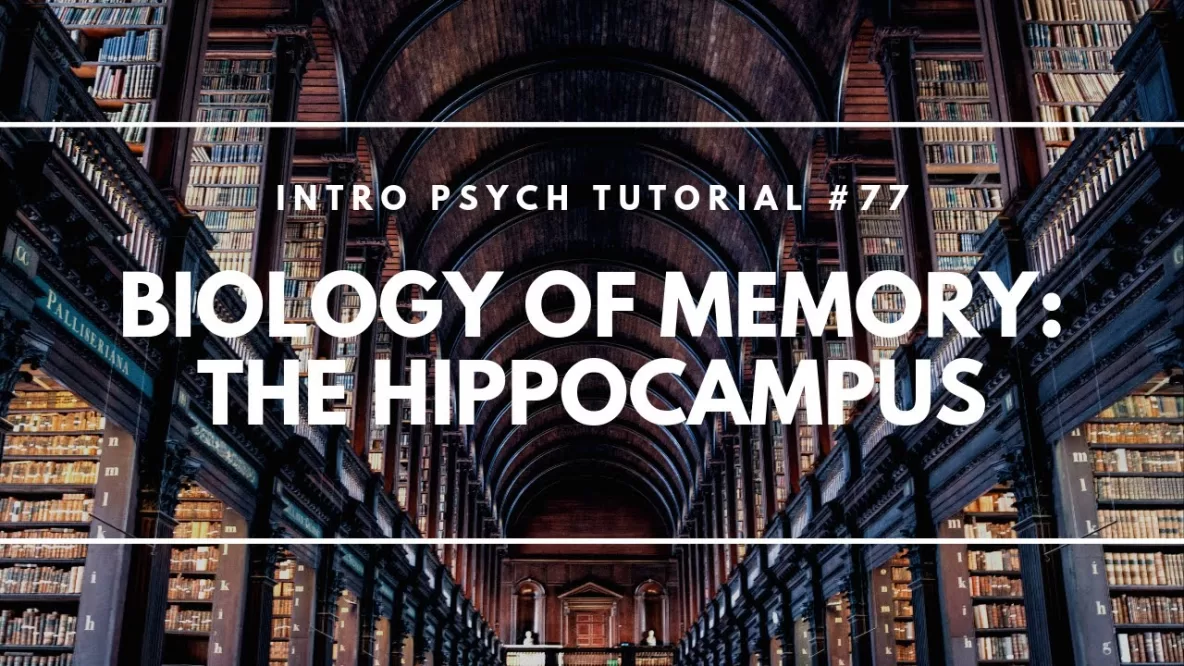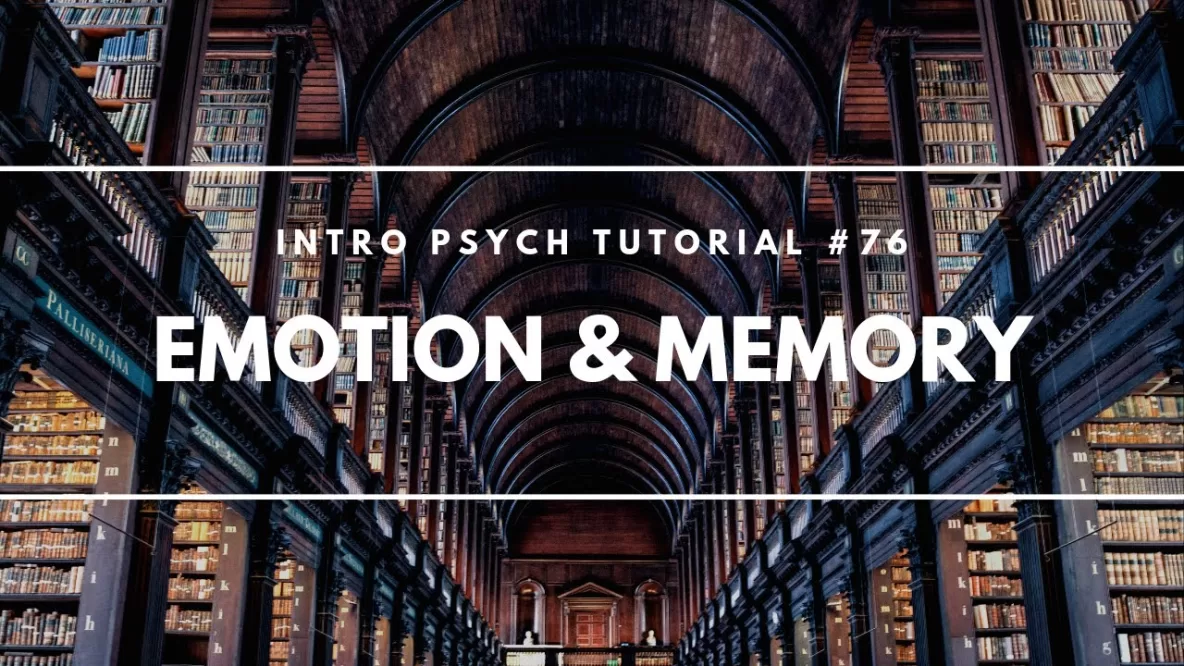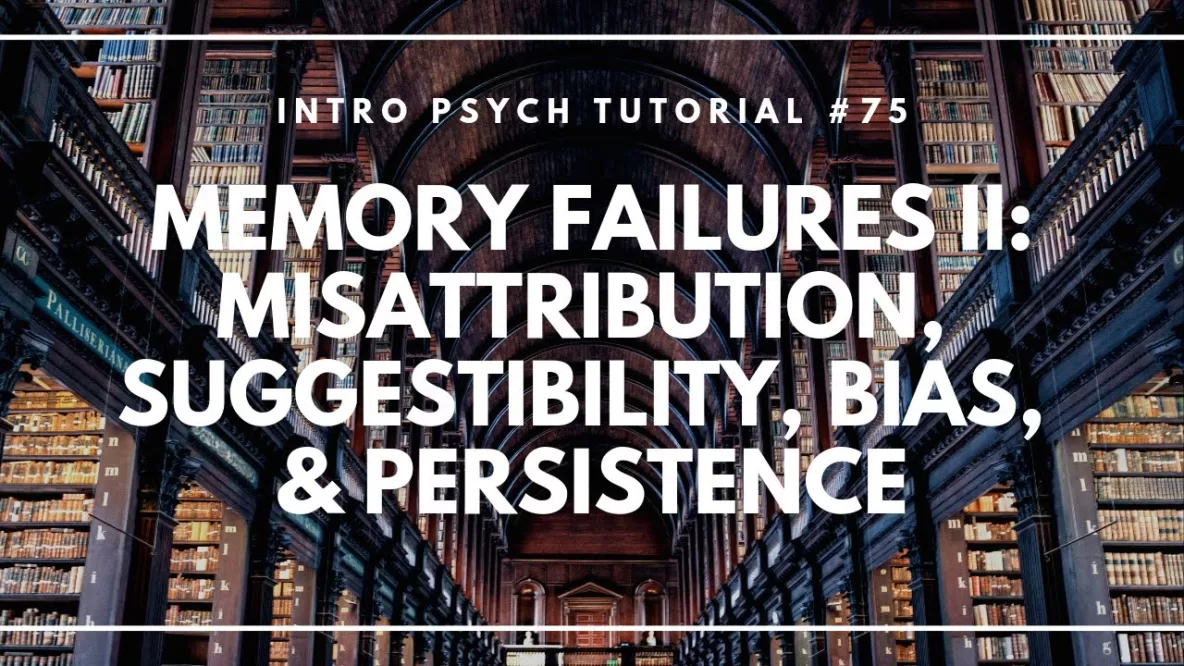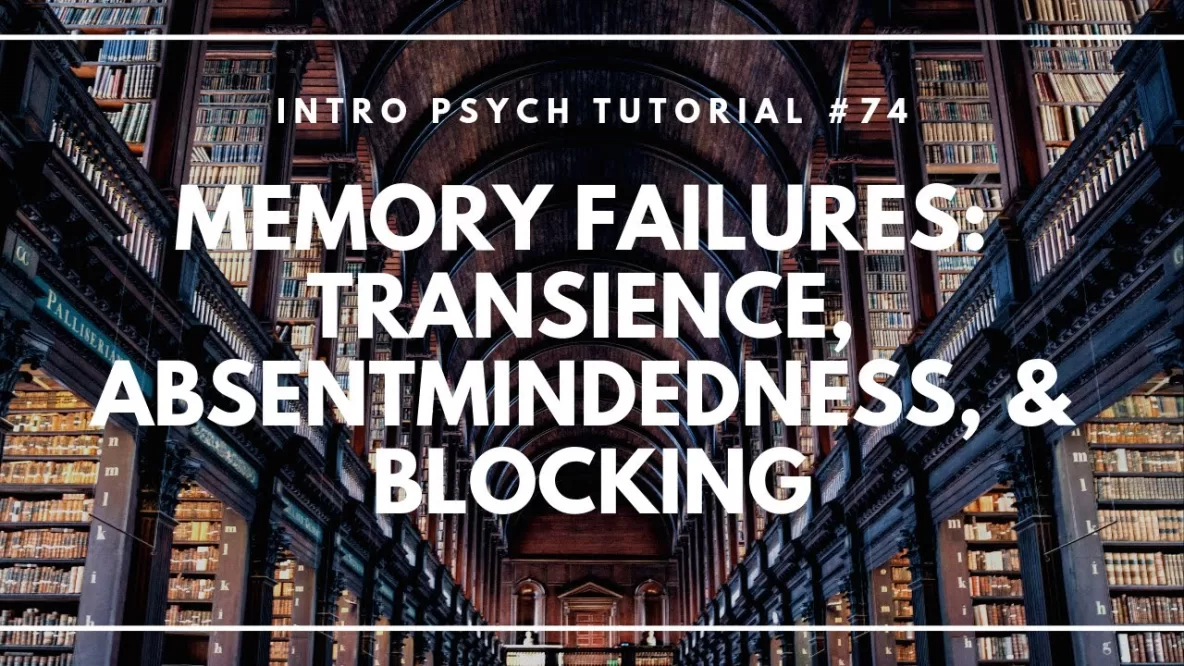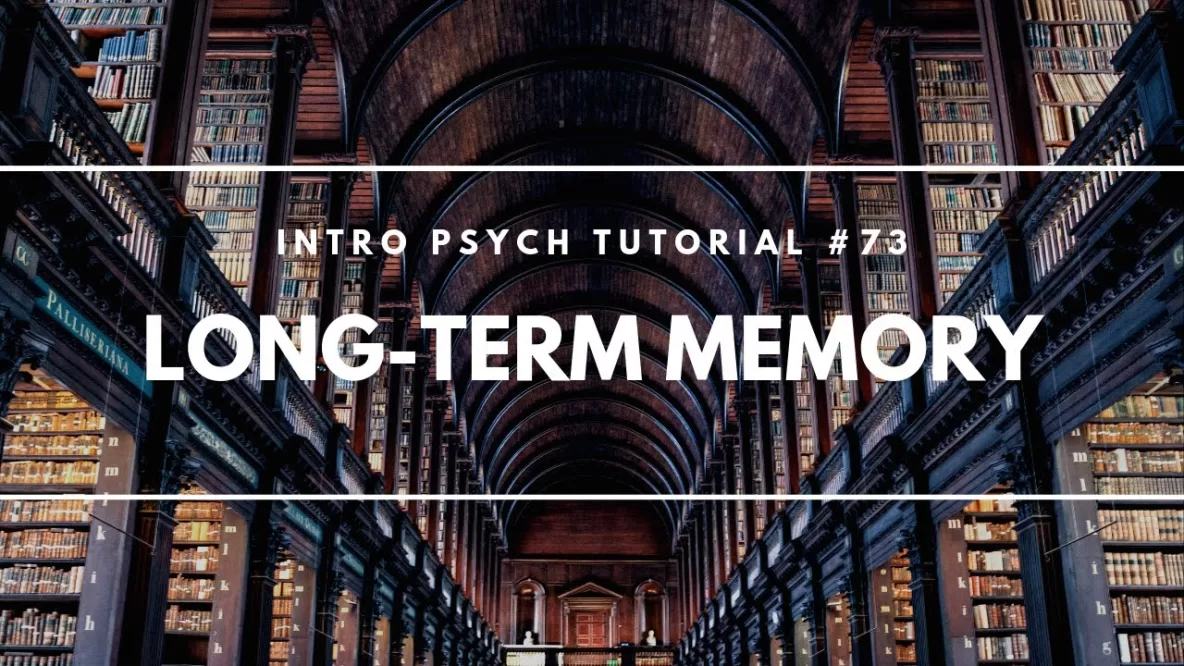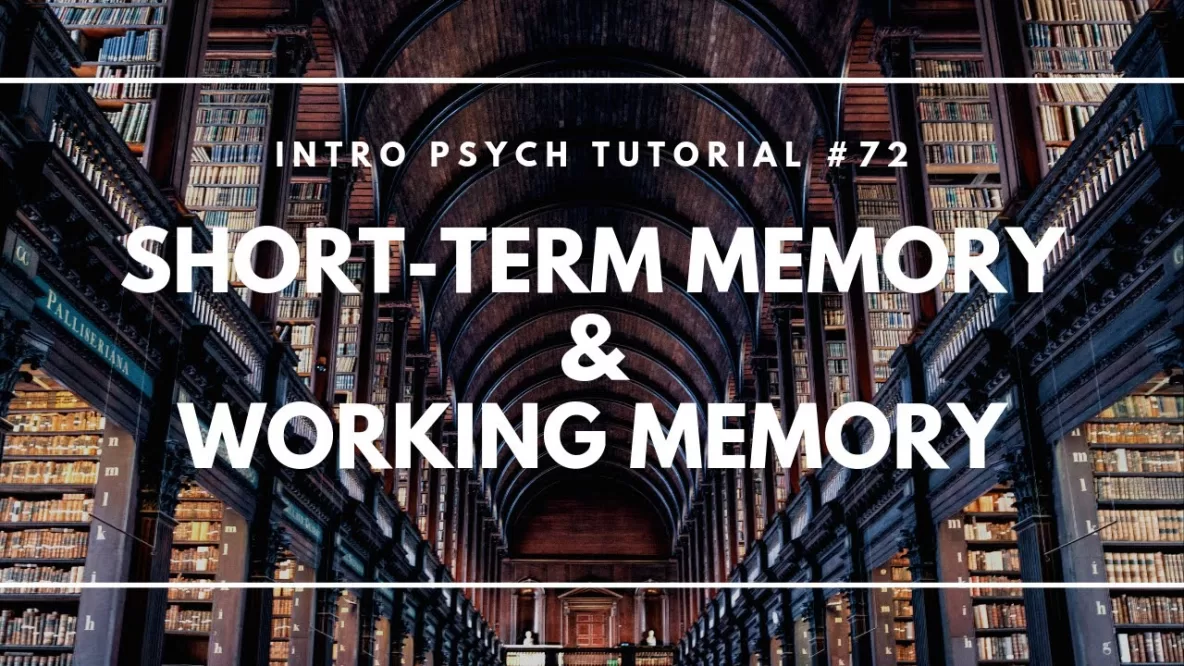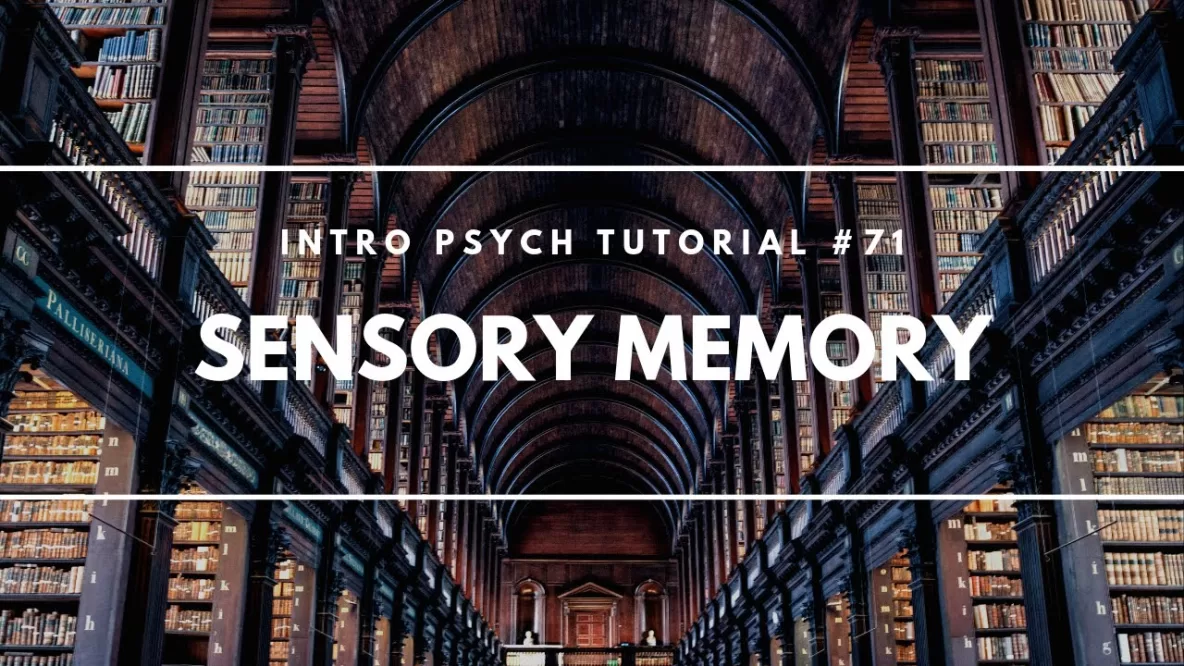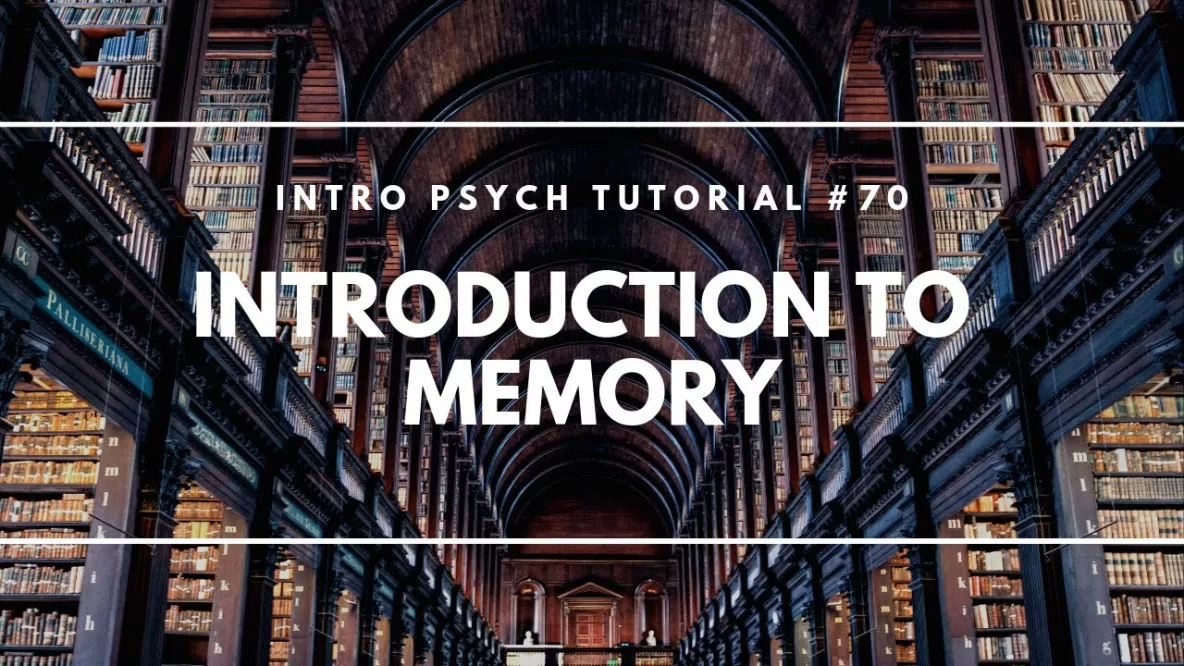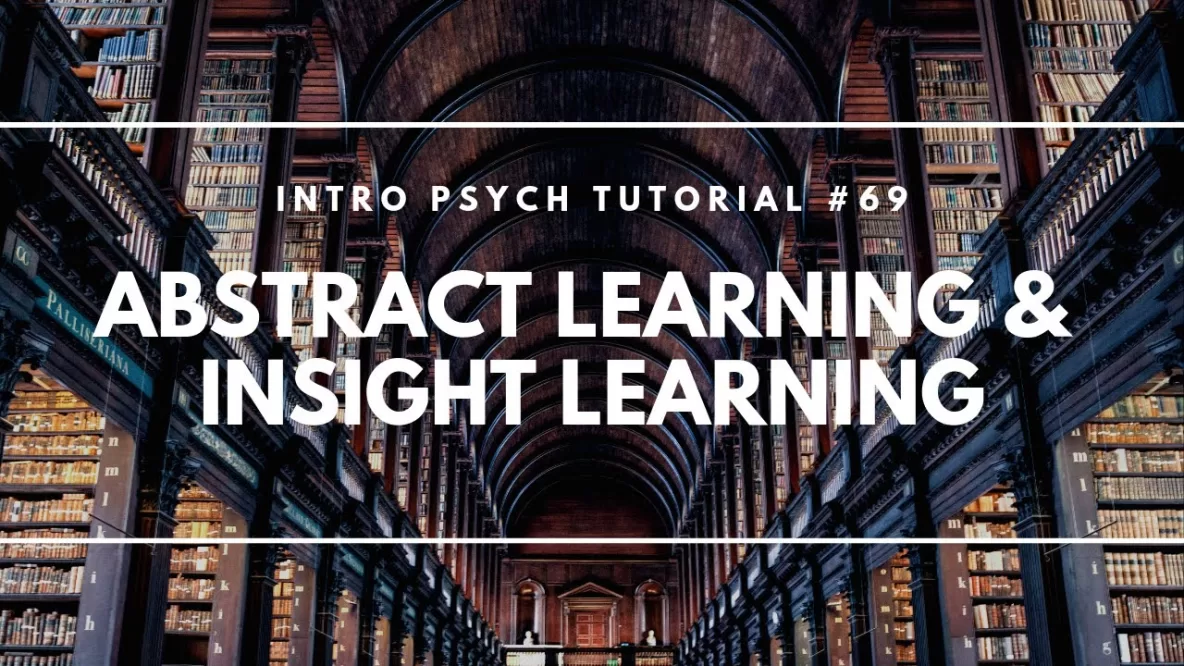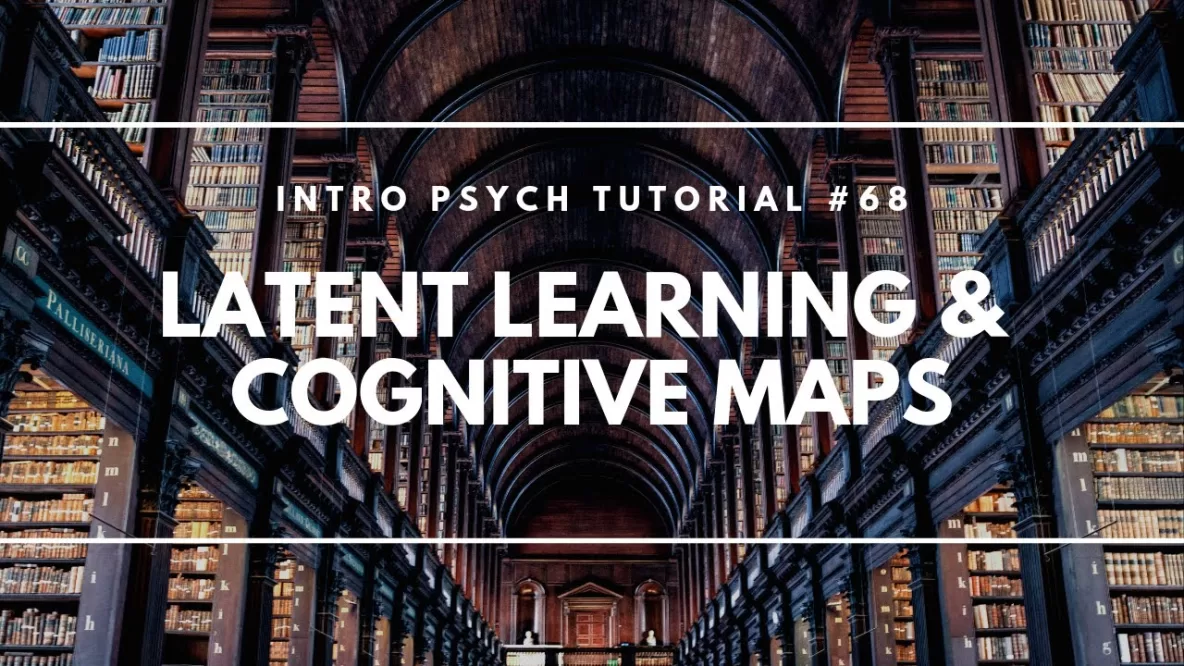In this video I introduce the biology of memory and the role of the hippocampus on long-term memory formation. I discuss several cases of severe memory loss including patients H.M. and E.P., who suffered anterograde amnesia and cannot form new … Read More
Emotion and Memory
In this video I provide more examples of the relationship between emotion and memory. Flashbulb memories are detailed memories of emotionally-charged events. These memories may be more detailed but they are still subject to the errors and biases that affect … Read More
Memory Failures: Misattribution, Suggestibility, Bias, & Persistence
In this video I explain the 4 remaining “sins” of memory from Daniel Schacter’s list. Misattribution refers to incorrectly identifying the source of a memory and relates to false recognition, deja vu, and cryptomnesia. Suggestibility is the idea that our … Read More
Memory Failures: Transience, Absentmindedness, & Blocking
In this video I introduce 3 common memory failures from Daniel Schacter’s list of the “seven sins” of memory. Transience refers to forgetting due to the passage of time and follows a “forgetting curve” researched by Hermann Ebbinghaus. Absentmindedness refers … Read More
Long-Term Memory
In this video I cover the final box in the 3-box model of memory, long-term memory. Long-term memory is generally considered to have an unlimited capacity and thus is never “full”. I explain different types of long-term memory which can … Read More
Short-Term Memory & Working Memory
In this video I cover the second box in the 3-box model, short-term memory, in greater detail. I explain the limited capacity of this store, George Miller’s “Magical Number 7”, and how organizational encoding and chunking may appear to expand … Read More
The Sensory Memory Store
In this video I cover the first box in the 3-box model, sensory memory, in greater detail. I explain how this store refers to information from all of the senses, though individual senses can be specified using terms like iconic … Read More
Introduction to Memory
In this video I begin the memory unit by introducing a few key terms (encoding, storage, and retrieval), explaining why it’s important not to extend the “mind as computer” analogy too far, and briefly outlining the 3-Box model of memory … Read More
Abstract Learning & Insight Learning
In this video I describe abstract learning and insight learning as types of learning that both require internal cognitive processing. Abstract learning demonstrates how mental concepts and categories relate to stimulus generalization while insight learning demonstrates the use of mental … Read More
Latent Learning & Cognitive Maps
In this video I explain the concept of latent learning using two studies conducted by Edward Tolman and colleagues. Latent learning refers to learning that occurs without reinforcement and isn’t demonstrated until an opportunity arises. I also describe the idea … Read More

